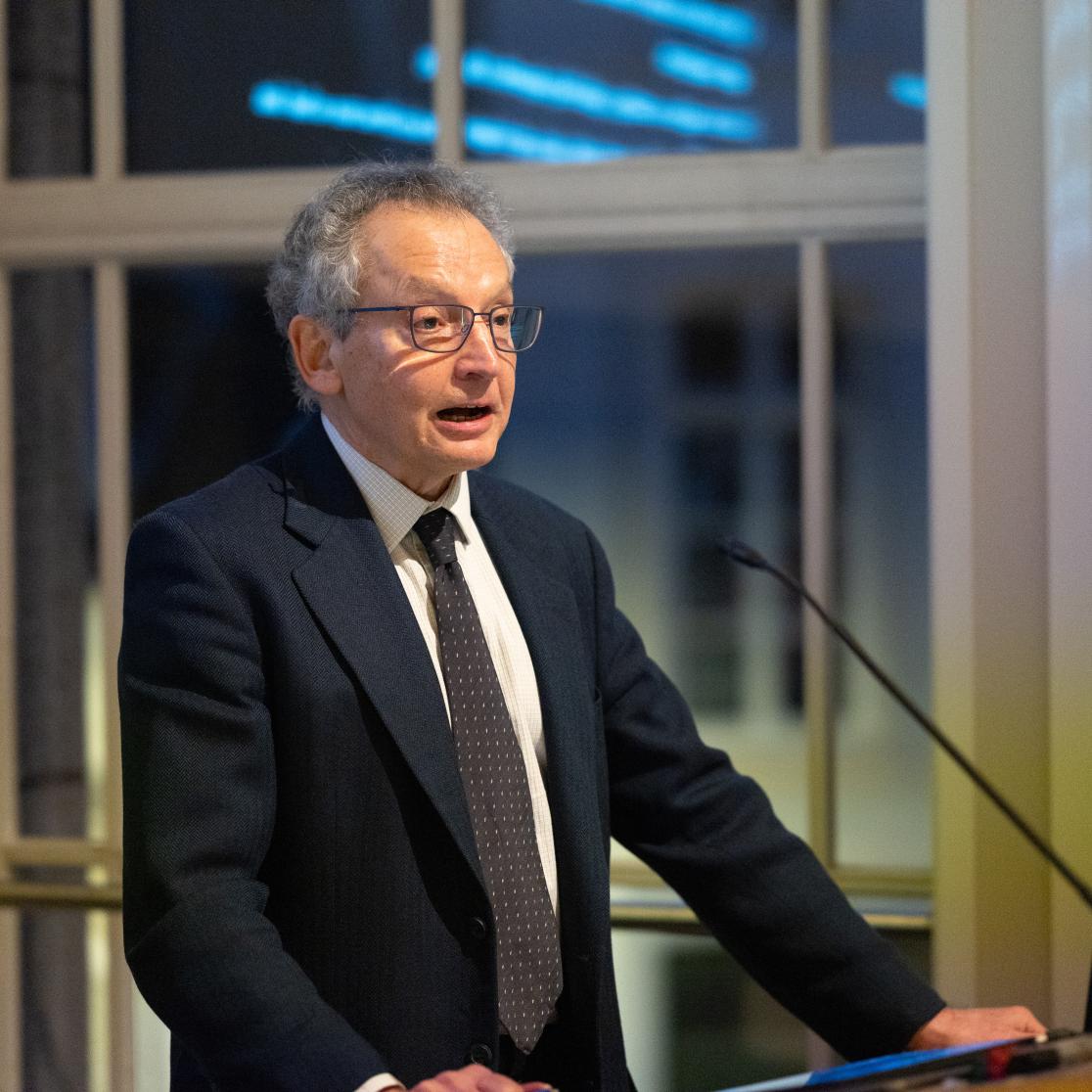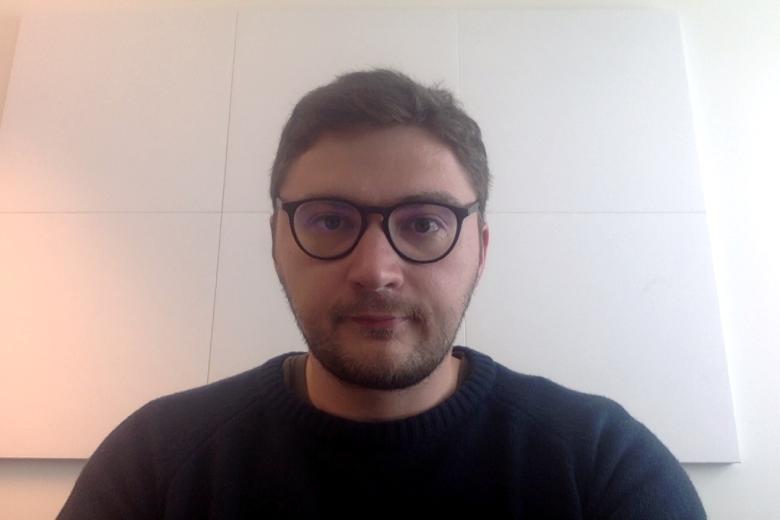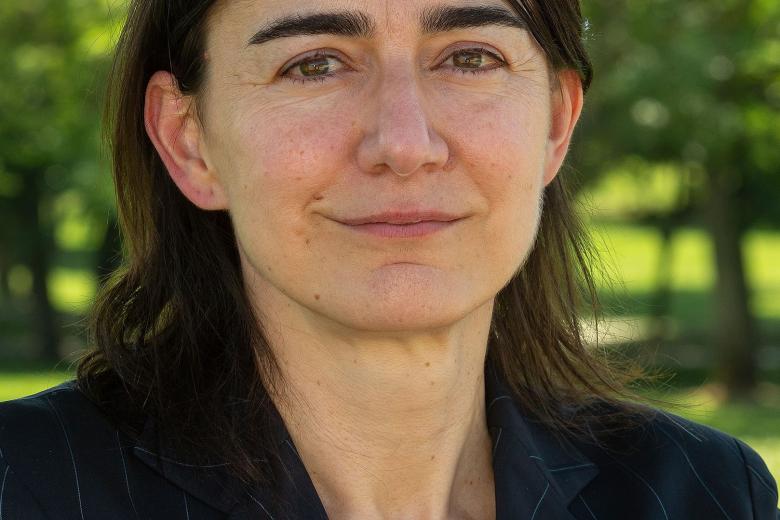A New Place for Jurisprudence: Launching the Maastricht Centre of Law & Jurisprudence
The Maastricht Centre for Law & Jurisprudence (MCLJ), a new research institute created at the Maastricht Law Faculty in spring 2024, held its launching event on 23 January 2025. The MCLJ brings together, facilitates, and supports research in jurisprudence – widely conceived. Research conducted at the Centre is multidisciplinary with a focus on philosophy of law, legal history, and legal theory.
The launching event brought together twenty-five researchers currently affiliated with the MCLJ, coming from a cross-section of the departments at the Maastricht Law Faculty, and offered ample space to work together in further developing the Centre’s research programme and objectives.
The day of the launching event was divided into two thematic parts, an internal part during which MCLJ members discussed how their individual research projects fit into the research streams, making up the Centre’s research programme, and an external part open to the public, which consisted of a keynote lecture by Prof. David Dyzenhaus of the University of Toronto.
During the internal part, MCLJ members were able to exchange their ideas on the further development of the initially six research streams. By addressing overlaps and cross-cutting issues, the participants managed to limit the programmatic orientation of the MCLJ to four central research streams. Professor Dyzenhaus commented on each of these streams.
Law beyond the human
The stream “Law beyond the human” unites colleagues interested in how ecological and technological challenges, from anthropogenic climate change to the challenges posed by AI, contest classical ontological and epistemological foundations of core legal concepts and doctrines. The members in this stream work on topics ranging from rights of nature, legal personhood and agency beyond the human, to a critique of the Western legal conceptual apparatus stemming from indigenous (legal) perspectives.
Law, normativity, and authority
The second stream, “Law, normativity, and authority”, combines legal, political and moral philosophy, as well as public law theory to provide a comprehensive and interdisciplinary view of law’s normative power and normativity. The members of this research stream focus on topics such as legal reasoning and argumentation, the conceptual analysis of law (from analytical and non-analytical perspectives), questions of legitimacy and the rule of law, as well (global) constitutionalism and democracy.
Law and mind
The stream “Law and mind” starts from the fact that legal discourse is based on deeply held beliefs and presuppositions about how the mind works. However, many of these beliefs and presuppositions have turned out to be either false or hotly disputed by science. Ranging from topics such as the free will of voters, to the criminals willingly breaking the law, the members of this stream are following along the path of the naturalisation of epistemology as initiated by Quine and others. By adding insights from cognitive science and psychology, they are interested in what implications this has for legal theory and legal philosophy.
Global markets, nature and the common good
The stream “Global markets, nature and the common good” has a strong interdisciplinary perspective, drawing on insights from, among other sciences, law, history, economics, moral theory and natural sciences. It examines the switch from public normativity to private normativity and examines whether and how governments and private actors deal with moral, social or planetary boundaries to economic activities, asking philosophical questions such as should governments shape global markets? Why do we use the notion of ‘Nature’ for moral, legal and economic purposes? Or to what extent are our conceptions of justice suitable to meet the challenges of human welfare, inequality, and the nature crisis?
The second part of the day featured the keynote address of Professor David Dyzenhaus entitled ‘The War Against International Law in the UK: The ‘Common’ vs. the ‘Public’ Good’. Dyzenhaus criticised a specific understanding of the ‘common good’ of some UK constitutional law scholars that, in his view, differed sharply from the ‘public good’ at which the rule of law aims with its intrinsic commitment to the authority of international law, a commitment as fundamental to ‘dualist’ legal orders such as the UK, as it is to ‘monist’ legal orders. In turn these scholars have been adamant about the constitutional and legal position in the UK, as far as international law is concerned, that is, that the UK is a dualist state. They have affirmed that this is a fact proved by things said by the highest court in the UK (previously the Appellate Committee of the House of Lords and more recently the Supreme Court). The main case Professor Dyzenhaus dealt with was the Supreme Court judgment in the Rwanda relocation case (2023). The keynote certainly provided controversy, debate, and a heated discussion.
Overall, we were grateful to Professor Dyzenhaus’s generous commitment to make the launch of our new research centre a great intellectual encounter.

L. Dziedzic
Lukasz Dziedzic is an Assistant Professor in Jurisprudence at the Foundations of Law department at Maastricht University. Lukasz's interests and expertise are in the areas of legal philosophy, law and political economy and the theoretical foundations of EU institutionalization. He holds a PhD in Legal Philosophy from Tilburg University.

M. Garcia-Salmones Rovira
I am Assistant professor in Foundations of Law. I wrote my LLD in international law at the Erik Castrén Institute of International Law and Human Rights, (Helsinki University).
